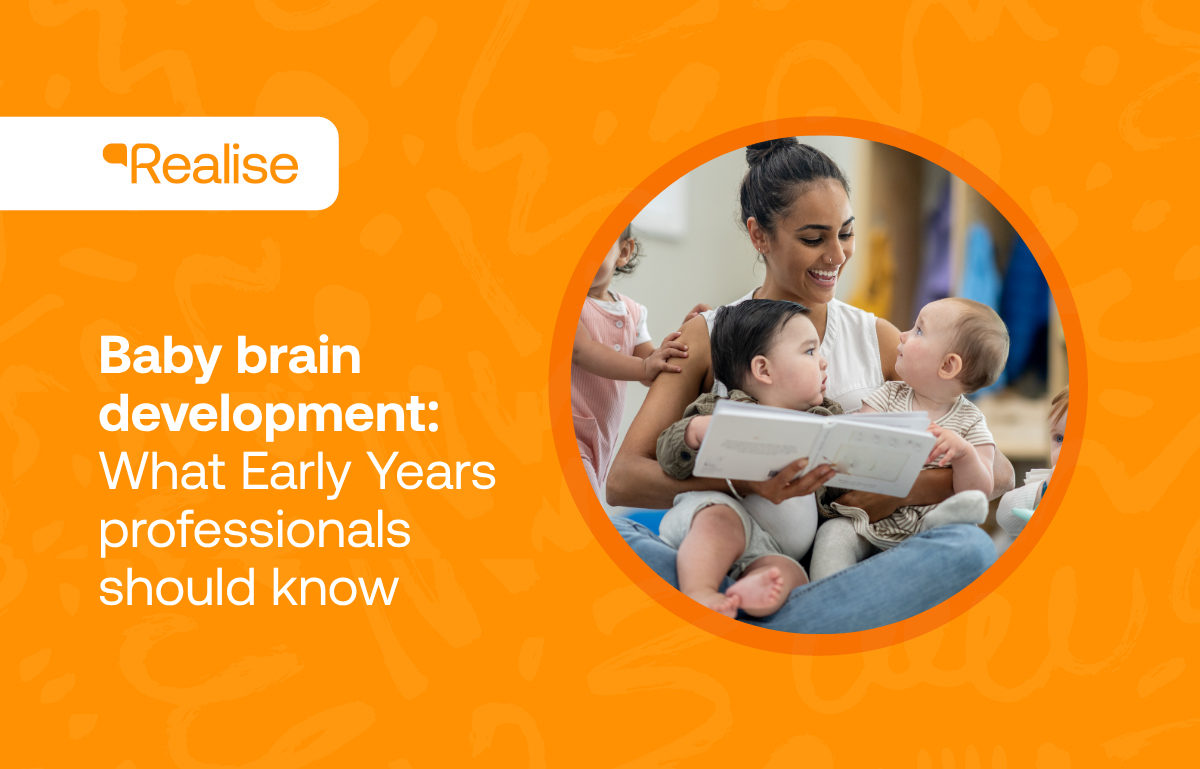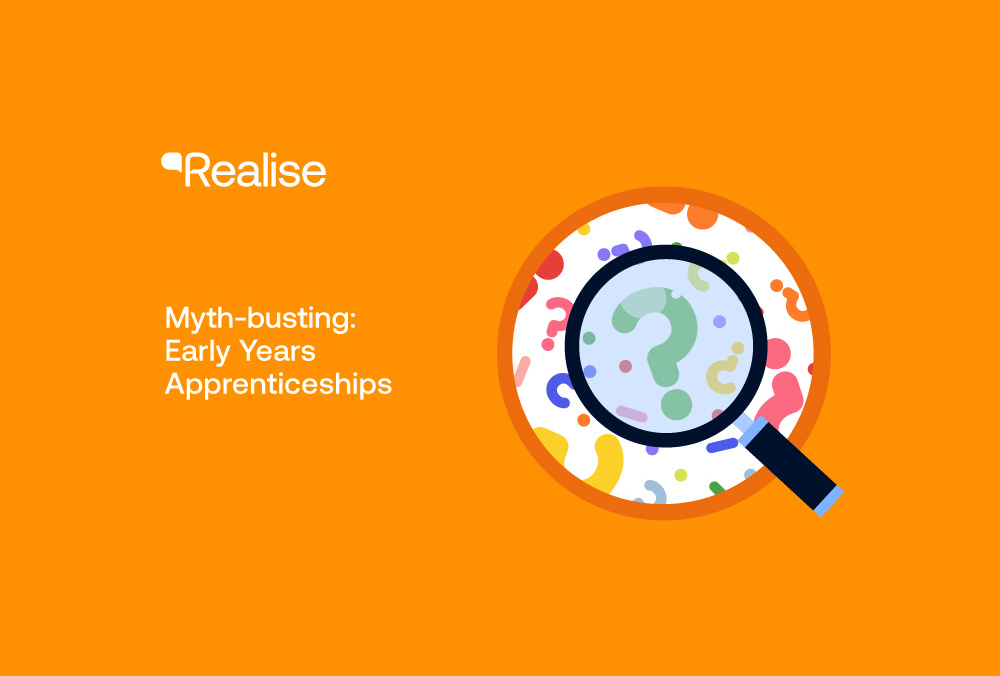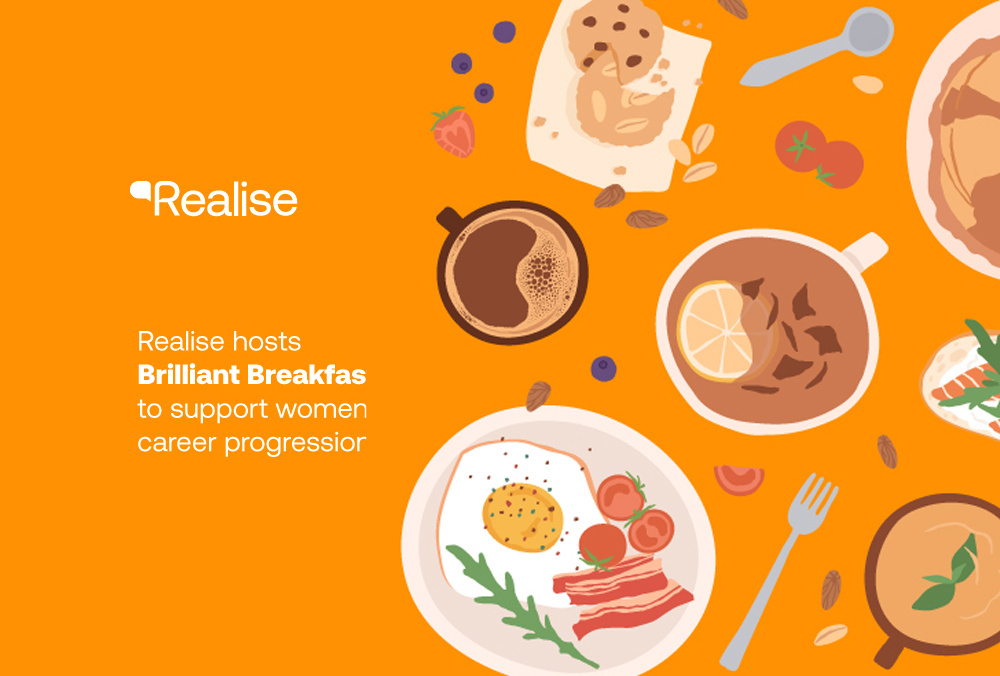

Baby brain development - what early years professionals should know
Baby brain development - what early years professionals should know
-
 Cathryn Edney
Cathryn Edney -
 29 October, 2025
29 October, 2025

Baby brain development -
What Early Years Professionals should know
From the very beginning of life, a baby’s brain is working at an astonishing pace. During the first 1,000 days, from conception through to age two, millions of connections are formed every second. These early connections lay the foundations for everything that follows, how children will learn, communicate, manage their emotions, and build relationships. Early years professionals are uniquely placed to influence this process, because the everyday interactions we have with babies shape the way their brains grow.
Clare Stead, founder of the Oliiki approach, reminds us that we don’t need special equipment to support babies’ brain development. Instead, it is the ordinary, daily moments that matter most. Observing babies closely and responding warmly to their cues is at the heart of this. When a baby gurgles, gestures, or looks at you, responding with eye contact or gentle words builds trust. This “serve and return” interaction is more than bonding, it’s wiring the brain for communication and emotional security.
Talking and singing to babies is another simple yet powerful way to help. Narrating your actions during nappy changing or describing what you see on a walk may seem small, but it gives babies a rich diet of language and rhythm. A helpful way to keep this in mind is to choose one routine each day where you commit to chatting, singing, or playing verbally with the baby. Over time, these little routines become habits that strengthen language pathways.
Play is just as important. Games like peekaboo, rolling a ball, or exploring textures are not just fun; they are serious work for the brain. These activities build memory, attention, and social skills. By following a baby’s lead, playing with what catches their interest, you nurture curiosity and show that their choices matter. Try reflecting at the end of the day on one moment where you responded to a baby’s interest. This kind of reflection helps practitioners notice the value of their actions and motivates them to keep building on these small but powerful exchanges.
Consistency and routine also provide a vital backdrop for brain growth. Babies feel safest when they know what to expect. Predictable mealtimes, calm transitions, and familiar bedtime practices all reduce stress. When stress levels are low, energy can be directed into learning and exploration. Far from being boring, routine creates the secure base that allows curiosity and learning to flourish.
For early years professionals, the key message is that every interaction counts. From a shared smile to a gentle song, the ordinary moments in your day are the building blocks of brain development. When you take time to slow down, observe, and respond, you are helping to shape not just a baby’s immediate experience but their future ability to learn, connect, and thrive. By recognising the power of these small actions, you give children the strongest possible start in life.
Looking for further advice? We recommend you take a look at the official government guidance on working with babies and toddlers here.
To hear more from Clare Stead on building babies brains in the early years, catch up on the Realise Early Years Roundtable podcast here:
Looking for a career working in schools?
If you’ve been inspired by the story and you’re ready to gain new skills, start your journey today with Realise.
Discover our courses











